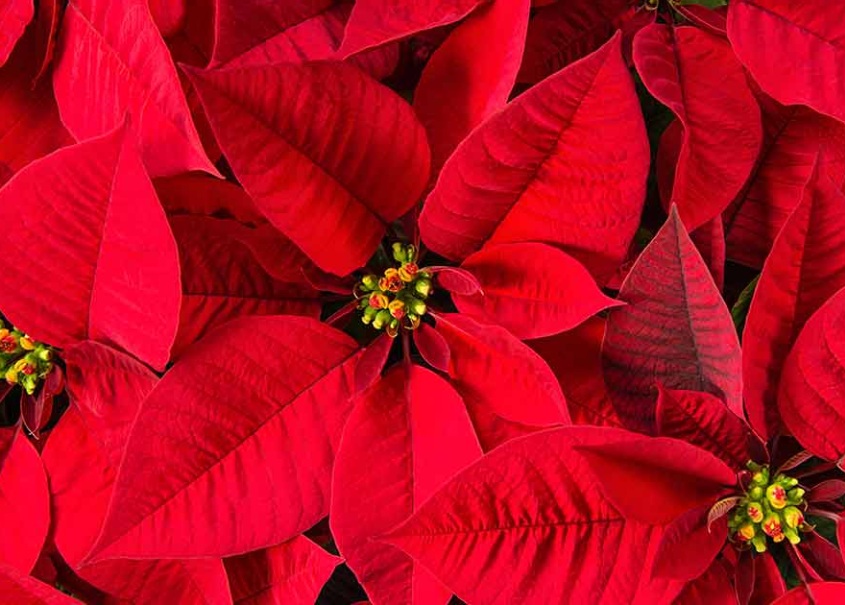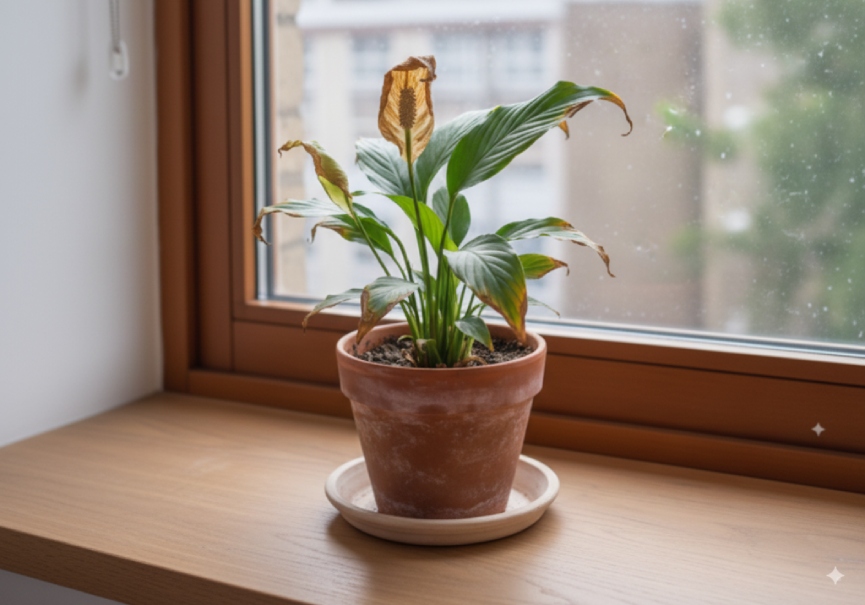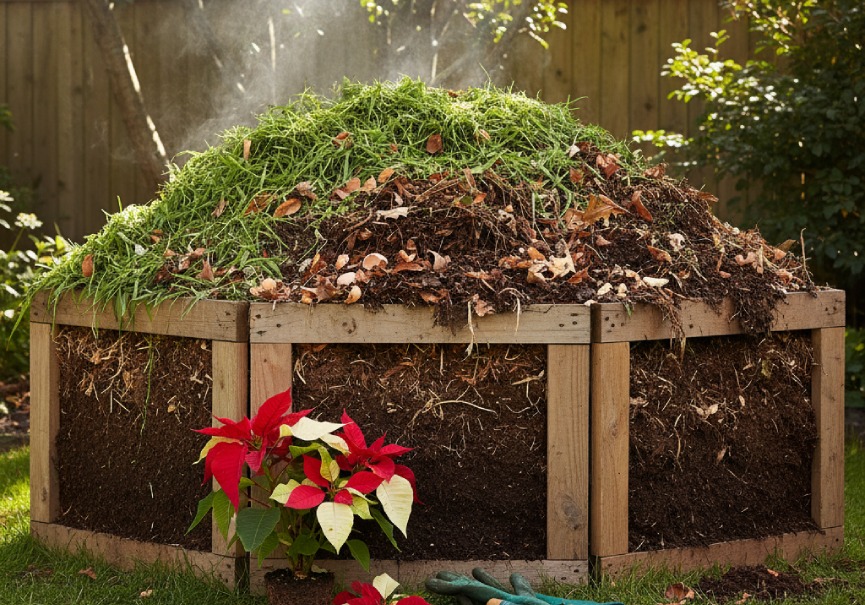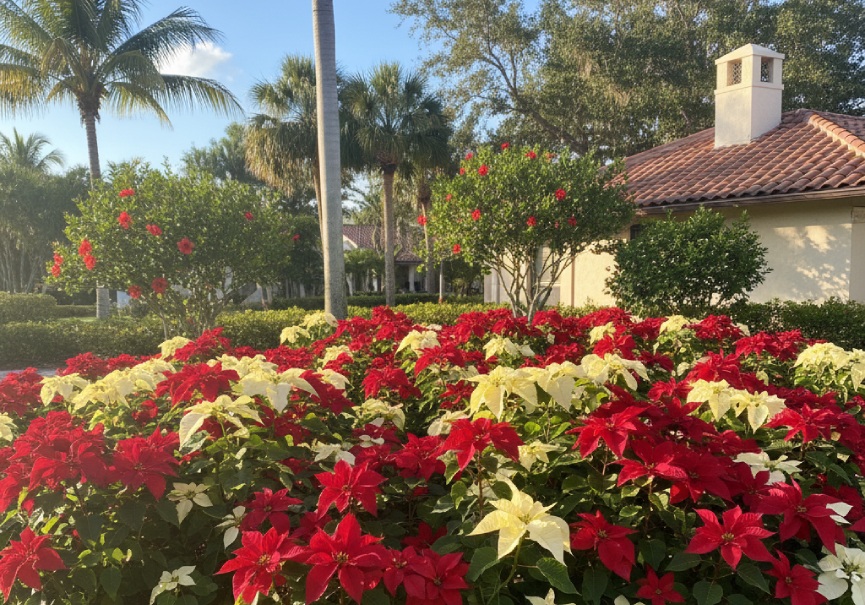Are Poinsettias Poisonous to Dogs? Understanding the Risks

Introduction
As the holiday season attracts close to, our homes transform into festive wonderlands adorned with colorful decorations and iconic symbols of celebration. Amongst these symbols, the poinsettia plant stands out with its incredible purple and green leaves, embodying the spirit of pleasure and togetherness. But, nestled within the excitement of holiday arrangements lies a common situation among pet owners: are poinsettias poisonous to dogs? For years, a pervasive belief has circulated that certain those like flora pose an extreme risk to our canine companions. However, as we delve into the sector of botanical and veterinary science, a greater accurate picture emerges, one that reveals the truth about poinsettias and their actual impact on our furry buddies.
In this article, we embark on a journey to resolve the myth surrounding poinsettia toxicity and dogs. We can navigate through historic traditions, medical research, and veterinary expertise to offer you a complete understanding of the relationship between poinsettias and our dog partners. By means of dispelling common misconceptions and shedding light on correct information, we intend to equip you with the knowledge needed to make knowledgeable decisions in the course of the holiday season. So, let’s delve into the sector of holiday plants, setting apart fact from fiction and ensuring a harmonious celebration for each human and their loved pets.
Poinsettias: A Holiday Tradition
Vivid and Festive Poinsettias: Poinsettias are those colorful flowers with pink and green leaves that we like seeing for the duration of the holidays. They come from Mexico and are named after Joel Poinsett, who delivered them to the United States a long time ago. These flowers are actually a special image of the vacation season. They look pretty, and due to the fact that they develop in winter, we use them to beautify homes, offices, or even public locations.
Decorating with Poinsettias: We use poinsettias to make our vacation celebrations even more beautiful. They may be placed on tables or made into pretty wreaths. Their vibrant shades remind us of the satisfied and cozy feeling we get at some stage in the holidays. They convey a touch of nature’s splendor. We usually locate them with lighting, decorations, and different holiday stuff to make the whole lot appear magical.
Poinsettias and What They Mean: Poinsettias are crucial in various parts of the sector for more than just their seems. In Mexico, they’re related to a festival called “Nochebuena” on Christmas Eve. People say they stand for the star of Bethlehem inside the story of Jesus’s birth. This makes the flora even greater unique and significant as a vacation symbol.
The Myth of Poinsettia Toxicity
A Common Mistake about Poinsettias and Dogs: Among all the things people worry about during the holidays, there’s a big misunderstanding that stands out: many folks think poinsettias are really dangerous for dogs. This idea has been around for a while, making pet owners nervous about these pretty plants. Some even stay away from poinsettias because they’re scared something bad might happen to their furry friends.
Where It Comes From: The wrong idea that poinsettias are toxic to dogs comes from wrong info and stories that aren’t true. The main reason for this mix-up is the white sap that poinsettias have. It’s the same kind of sap that other plants in their family have. When you cut or break a poinsettia, this sap comes out. People have heard stories of pets feeling sick after being near poinsettias. And since these plants are popular during the holidays, this made-up story keeps spreading.
Worries During the Holidays: When the holiday season comes, people who have pets might feel unsure about putting poinsettias in their homes. They’re worried that something bad might happen to their dogs. This worry has made many pet owners ask vets and go online to ask questions about it. But it’s really important to know the truth backed by science and real facts when thinking about whether poinsettias are risky for dogs.
Poinsettia Plant Composition
The Milky Sap Controversy. At the heart of the poinsettia toxicity myth lies the plant’s milky white sap. This sap contains latex and chemical compounds known as diterpenoid euphorbol esters, which have been falsely attributed to severe toxicity in pets. While the sap can cause mild irritation upon contact with skin or mucous membranes, the level of toxicity is far from the exaggerated claims that have circulated.
Clarifying the Irritant Nature. Poinsettia sap’s irritant properties are akin to those found in other plants such as rubber trees and spurge species, all belonging to the same Euphorbiaceae family. Ingesting or coming into contact with the sap may lead to mild symptoms like skin redness, itching, or gastrointestinal distress. However, severe reactions are rare and tend to be limited to individuals with latex allergies.
Beyond the Sap: Myth vs. Reality Contrary to the myth, poinsettia leaves themselves are not inherently lethal to pets. The levels of potentially harmful compounds in the leaves are extremely low, and even if a dog were to ingest a small amount, it is unlikely to result in serious poisoning. Understanding the plant’s true composition helps dispel unwarranted fears and fosters a more accurate perception of the risks poinsettias pose to our four-legged companions.
Scientific Evidence: Poinsettias and Dogs
Learning from Studies about Dogs and Poinsettias: Science has helped us figure out the truth about poinsettias and whether they can hurt dogs. Many studies have looked into what happens when dogs eat poinsettias, and they’ve consistently found that poinsettias probably don’t really hurt dogs much, if at all.
Mild Reactions: The studies show that when dogs eat poinsettias, they might get some small problems like drooling, vomiting, or a bit of tummy trouble. But these issues usually go away on their own, and the dogs get better without needing a doctor’s help. The studies haven’t found many cases where dogs got seriously sick from eating poinsettias, which makes us think that poinsettias don’t cause big harm to dogs.
Proving It’s Not True: One really important study by the American Society for the Prevention of Cruelty to Animals (ASPCA) looked at data from more than 18,000 times when pets ate poinsettias. The results showed that most of the time, pets only had mild tummy problems, or they didn’t get sick at all. This big study helps prove that the idea that poinsettias are super dangerous isn’t really true.
Experts Agree: People who know a lot about animals, like veterinarians, agree with what the studies found. They say that poinsettias don’t really hurt dogs like some folks think. These experts remind us to think about the bigger picture and not get too worried about poinsettias hurting our furry friends. Even though we should always be careful with our pets, we don’t need to be too scared of poinsettias.
What happens if a dog eats a poinsettia?
If a dog eats a poinsettia plant, it’s important to monitor them closely for any signs of discomfort or illness. Poinsettias are mildly toxic to dogs, and ingestion can lead to symptoms like drooling, vomiting, diarrhea, and mild stomach upset. While severe poisoning is rare, it’s recommended to contact a veterinarian if you suspect your dog has consumed a significant amount of the plant. Immediate medical attention can help alleviate any potential negative effects and ensure your dog’s well-being.
Common Pet Plant Toxicities
Identifying True Plant Hazards. While poinsettias have garnered a reputation for being toxic to dogs, it’s crucial to put their potential harm into perspective. There are indeed numerous plants that pose a far greater risk to our canine companions, and being aware of these genuinely toxic species is essential for responsible pet ownership.
Genuine Plant Threats Certain common household plants are known to be highly toxic to dogs. These include members of the lily family (Lilium and Hemerocallis), which can cause severe kidney damage if ingested; the popular houseplant dieffenbachia, known for its oxalate crystals that can lead to mouth and throat irritation; and the sago palm, which contains toxins that affect the liver and can be fatal to pets. Understanding these real hazards underscores the need to prioritize our pets’ safety based on accurate information.
Focus on Preventive Measures. While the poinsettia myth has generated concern, it’s important not to lose sight of the genuine plant dangers that pet owners should actively avoid. Preventive measures, such as keeping toxic plants out of reach, promptly removing fallen plant parts, and fostering a pet-safe environment, are far more effective in ensuring our furry friends’ well-being during the holiday season and beyond.
Preventive Measures and Caution
Responsible Pet-Friendly Decorations As the holiday season approaches, it’s possible to strike a balance between festive decorations and pet safety. When it comes to poinsettias and other plants, positioning them out of reach is a simple yet effective preventive measure. Placing decorations on elevated surfaces or using hanging planters can minimize the chances of curious pets coming into contact with potentially irritating plant parts.
Educating Curious Canines Training our four-legged companions to steer clear of plants and decorations can also enhance their safety. Teaching basic commands like “leave it” and “stay” can go a long way in preventing unwanted interactions. Furthermore, creating a designated play and relaxation space for pets can help minimize their access to potentially hazardous areas.
Alternative Pet-Safe Decor Options For pet owners who remain concerned about poinsettias or other plants, exploring pet-safe alternatives can offer peace of mind without sacrificing the festive ambiance. Artificial plants, non-toxic foliage, and creative decorations that don’t involve plants at all are all excellent options to consider.
Consulting Veterinary Professionals When in doubt about the safety of a particular plant, consulting with a veterinarian is always advisable. These experts can provide tailored guidance based on individual pet health and habits. Seeking professional advice ensures accurate information and contributes to a confident and joyful holiday season for both pets and their owners.
Addressing Concerns and Misinformation
Teaching the Truth to Change Our Minds: The idea that poinsettias are super bad for pets shows how wrong ideas can stick around. To fix this, we need to help people learn the right facts. We can do this by showing them proof from science and getting advice from experts. This way, we can get rid of the wrong idea and understand things better.
Why Good Information Matters: Nowadays, we get a lot of information really fast. But we have to make sure what we hear is true. It’s important to listen to experts who know a lot about animals. If pet owners do this, they won’t get scared for no reason. Knowing the real facts lets them make smart choices that keep their pets safe, while still having fun during the holidays.
Talking to Each Other Helps: When pet owners talk to each other, it can help clear up misunderstandings. By sharing stories, science facts, and what they’ve learned, they can start feeling less scared. Everyone working together can change the story from being scared to knowing the truth. This way, pets and their owners can all have a happy and safe holiday time.
Conclusion
Poinsettias are mildly toxic to dogs, but severe poisoning is unlikely. It’s important for pet owners to be aware of potential risks and take precautions to prevent ingestion. By practicing responsible plant placement and closely monitoring your dog’s behavior, you can safely enjoy poinsettias and other festive decorations during the holidays.
FAQ
1. Can poinsettia ingestion be fatal for dogs? Ans:- No, poinsettia ingestion is not typically fatal. Symptoms are usually mild and temporary.
2. What should I do if my dog eats a large amount of poinsettia? Ans:- While poinsettia ingestion is unlikely to cause severe issues, contacting your veterinarian for guidance is recommended if your dog consumes a significant amount.
3. Are poinsettias poisonous to cats as well? Ans:- Poinsettias can cause mild gastrointestinal discomfort in cats, too, but severe poisoning is rare.
4. Can I keep poinsettias indoors if I have pets? Ans:- Yes, you can keep poinsettias indoors, but be sure to place them in areas your pets cannot easily access.
5. Are there any completely non-toxic holiday plants for pets? Ans:- While no plant is entirely without risk, plants like spider plants, African violets, and Christmas cacti are considered safe options for homes with pets.






